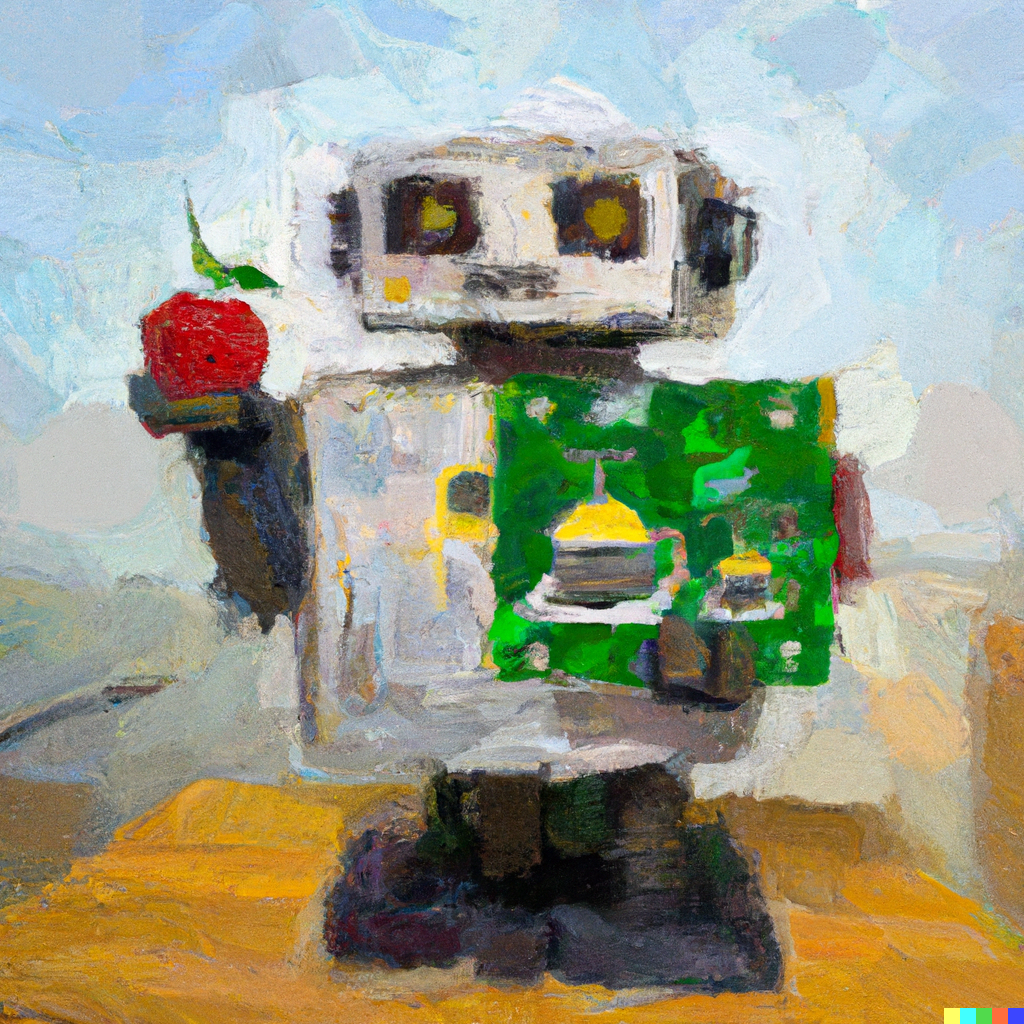Menu
Logo

When it comes to using a Raspberry Pi for robotics applications, having the proper knowledge of robotics is essential. Robotics is an interdisciplinary field that involves mechanics, electronics, control systems, and computer science. In this blog post, we will go over some of the key areas of robotics knowledge that you will need to know in order to successfully use a Raspberry Pi for robotics applications.
Mechanics: Mechanics is the branch of physics that deals with the motion and behavior of physical objects. Understanding mechanics is essential when designing and building robots, as it will help you to understand how different parts of the robot will interact with each other. This includes the knowledge of the types of actuators and joints, and their properties, such as torque, speed and power.
Electronics: Electronics is the branch of engineering that deals with the design and application of electronic devices. Understanding electronics is essential when building robots, as it will help you to understand how to control and power different parts of the robot. This includes the knowledge of basic electronic components such as resistors, capacitors, transistors, and microcontrollers. Additionally, it will be useful to understand the basics of circuit diagrams and schematics.
Control Systems: Control systems are the branch of engineering that deals with the control of physical systems. Understanding control systems is essential when building robots, as it will help you to understand how to control the motion of the robot. This includes the knowledge of control theory, such as feedback control, and the basic mathematical concepts used to model the robot and its environment.
Computer Science: Computer science is the branch of science that deals with the theory of computation and the design of computer systems. Understanding computer science is essential when using a Raspberry Pi for robotics, as it will help you to understand how to program the robot and how to interface with the different parts of the robot. This includes the knowledge of programming languages such as Python, C++, or ROS and the basic concepts of computer vision and machine learning.
Robotics Community: It is important to be familiar with online communities and forums such as the Raspberry Pi Foundation or ROS community for support and resources to help you with your project. These communities are a great place to find tutorials, tips, and advice, as well as access to a wealth of knowledge from other robotics enthusiasts.
In conclusion, understanding the basics of mechanics, electronics, control systems, and computer science is essential when using a Raspberry Pi for robotics applications. Additionally, familiarizing yourself with the robotics community and its resources can be a valuable asset in the development process. By having a good grasp of these areas, you'll be able to design, develop and build a functional robot using a Raspberry Pi.
Sign up for our newsletter and be the first to know about coupons and special promotions.
All prices are in AUD and include GST. © 2024 Little Bird Electronics Pty Ltd. ABN: 15 634 521 449.